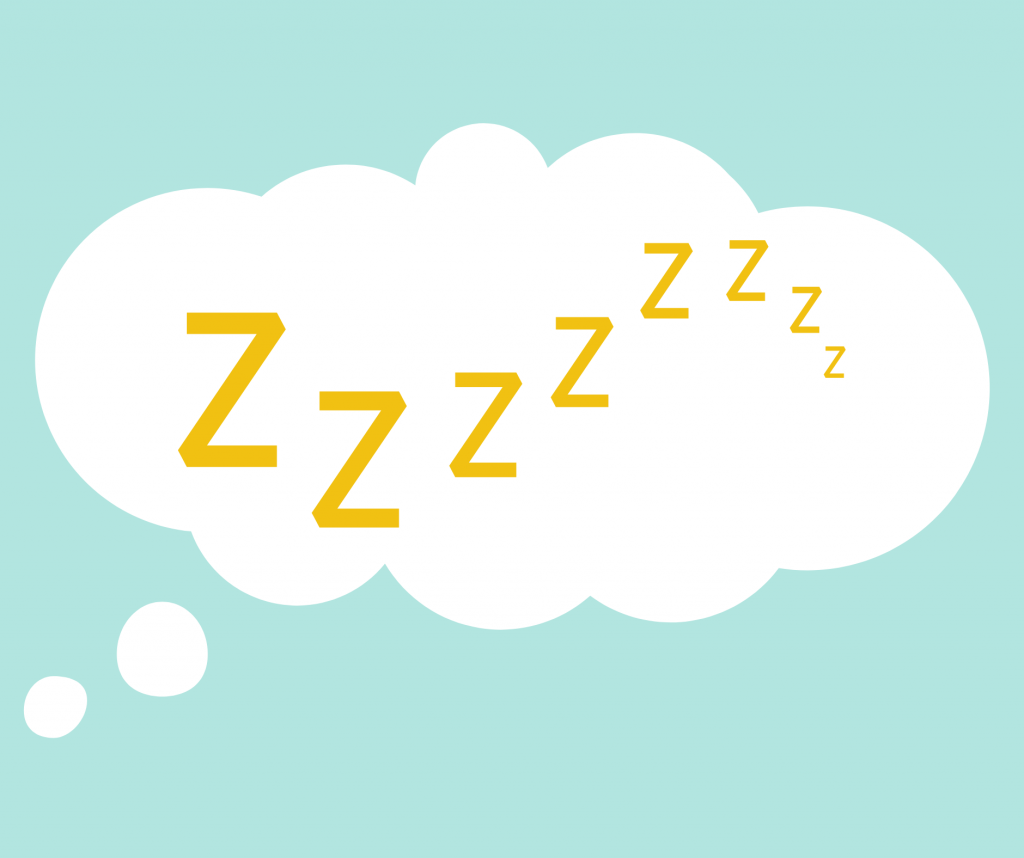
Sleep is as essential to humans as breathing, eating and drinking. The body and brain need time to recover from the day, to repair and restore on a cellular level, ready for the next day. Without it, eventually we malfunction, physically and mentally. Yet so many of us struggle with it and spend years trying unsuccessfully to achieve satisfying restorative sleep.

If you have Autism or ADHD you are at increased risk of dysfunctional sleep patterns. Does any of this sound familiar?
-Losing track of time when you are focused on a special interest
-Difficulty switching off your special interest thoughts in order to get sleepy
-Increased anxiety/overthinking
-Sensory issues with light, sound, textures
-Restless Leg Syndrome
-Menopause/Andropause
-Night time waking, often with random or racing thoughts
-Difficulty relaxing (this could occur at all times but is particularly detrimental at night time)
-Atypical circadian rhythms (possibly linked to irregular secretion of melatonin)
-Digestive issues and food intolerances
All of these and more, can lead to difficulties getting to sleep and staying asleep.
I wish I could say there’s a magic solution. There isn’t, and if you suffer, you already know that. But I do know that the more stressed you become around trying to get to sleep or trying to get your child to sleep, the more likely you are to struggle. Stress is never conducive to sleep!

Sleep Hygiene 101 – The basics are important:
-Calm the mind. Overthinking and getting anxious are high energy brain activities. Practising mindfulness, counting sheep, focusing on your breathing, looking at the colours behind your eyelids, emptying your mind; these are all methods of telling your brain there is nothing to see here. Boring boring = sleepy sleepy
-Write things down. When the mind is racing, jot it down. No need to panic, it won’t get forgotten. Let the brain empty and relax, we can think about things tomorrow.
-Ditch the gadgets. Don’t give your brain something to get excited about – you are overworking that muscle. Be kind, it needs a rest!
-Relax. Since when do you think going from 100 to zero is going to happen in a short space of time? Learn how to let go of your day earlier in the evening.
-Adjust. If your child isn’t sleeping and you are exhausted or you have insomnia yourself, you cannot function as normal – so stop trying to be super human. Seek accommodations where you can, speak up, express your needs.
-Find or create a community. Just one other person who gets it, is all that’s needed to create a tribe. Sharing difficulties, asking for advice or support. It makes such a difference when you know you are not alone.
-Food/drink – know your stimulants. Some people can drink a huge mug of coffee before bed and sleep wonderfully, some cannot – know what impacts you and make the necessary changes
-Exercise. Best to do in the morning to improve melatonin production and circadian rhythm.
-Change. If whatever you are doing now is not working, try something else. If you keep doing the same thing, you’ll keep getting the same outcome.

If you are Neurodivergent or support someone who is, and would like to join a supportive community to discuss all things ND, you are welcome to join our facebook community Different Not Less – Supporting Neurodivergent Lives
Regardless of your Neuro-type, sleep difficulties can impact anyone at any time. If you would like to work through your sleep issues on a 1-2-1 basis, please get in contact here to discuss things further.
